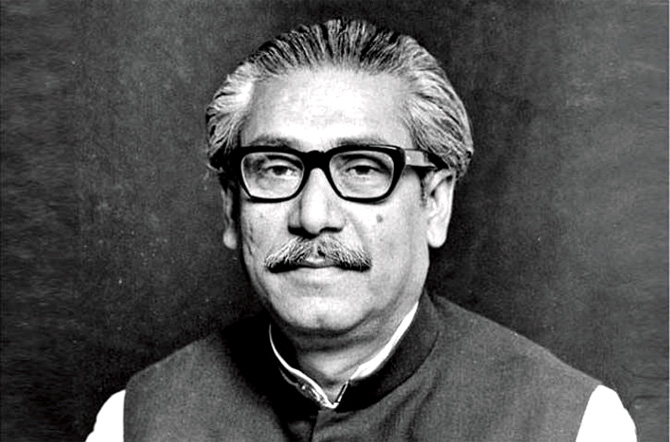
DHAKA, Aug 15, 2022 (BSS) – Rajshahi University (RU) Vice-Chancellor (VC) Professor Golam Shabbir Sattar has emphasized on conducting research on the 1975 carnage to unmask the masterminds behind Bangabandhu killing, saying that the convicted killers were not the main plotters rather they were just executors of the plan.
“Since the killing of Bangabandhu was not an isolated incident, I think, an extensive research should be carried out on incidents took place before and after the August 15 carnage in 1975 to unmask the genuine masterminds behind the scene,” he said revisiting the heinous incident in the country’s history in the month of mourning.
It’s not true that only some derailed military officials killed Father of the Nation Bangabandhu Sheikh Mujibur Rahman along with most of his family members just like other isolated incidents rather available clues by now suggest it was a planned murder and a number of perpetrators were behind the scene, he said.
Noting that Bangabandhu and Bangladesh are tied in a single string, the RU VC said killing Bangabandhu is not merely killing of just an individual rather it’s tantamount to killing a country.
“So, I think the culprits behind the scene in Bangabandhu killing must be unmasked before the nation,” Professor Sattar added.
Speaking about Bangabandhu’s initiatives for education, he said, the Father of the Nation had paid his attention to the country’s education system and considered it as the biggest investment aiming at building a healthy social system.
“We can define Bangabandhu’s education policy from three aspects- forming an education commission, nationalizing primary school teachers and enacting acts for public universities,” the RU VC said.
He said, just after the country’s independence, Bangabandhu formed the National Education Commission for the first time on July 26, 1972 with foremost educationist and scientist Dr Qudrat-e-Khuda as its chairman as part of rebuilding the war-torn country.
The commission had prepared a report on primary, secondary and higher education aiming to bring a qualitative change in education sector and handed it over to Bangabandhu in 1974, but the subsequent assassination of Bangabandhu sealed its fate, he said.
Recalling nationalization of 37,000 primary schools by Bangabandhu to ensure universal access to education, Professor Sattar said, "It was really an ambitious and courageous initiative to nationalize such a huge number of primary schools. Because it was a very tough step for a war-torn country".
About Bangabandhu’s initiative of enacting university acts, he said, since the government was facing various problems including economic crisis to rebuild the war-torn country, Bangabandhu had enacted the University Act 1973 for the country’s leading four public universities so that the poverty can’t hamper higher education.
The RU VC said Bangabandhu’s mindset towards education can be understood from the education budget, which was the highest, in the first fiscal after the country’s independence.
Bangabandhu reflected his experiences, which he had gathered throughout his political career, in his education policy, Professor Sattar said, adding, “Bangabandhu’s daughter Prime Minister Sheikh Hasina is taking different initiatives following her father’s footsteps for development of the country’s education sector”.